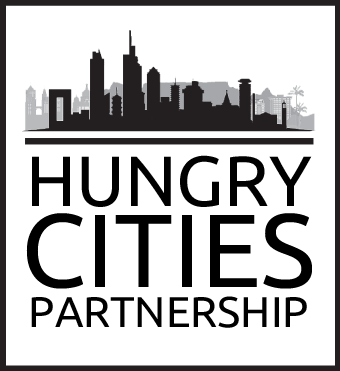Document Type
Hungry Cities Policy Briefs
Publication Date
3-2020
Department
Balsillie School of International Affairs
Abstract
■ Gender inequality and the legacy of racial discrimination operate alongside poverty and economic inequality to shape the household food security experience in low-income areas in South African cities.
■ In Cape Town, male-headed households are more likely to be food secure than female-headed households, although both experience high levels of severe food insecurity.
■ National food security policy and local government do not recognize the systemic nature of gender inequality and food insecurity; a gap that needs to be addressed.
Recommended Citation
Caesar, Mary, "No.06: Gender Inequality and Food Security Policy Responses" (2020). Hungry Cities Partnership. 53.
https://scholars.wlu.ca/hcp/53
Included in
Food Studies Commons, Human Geography Commons, Politics and Social Change Commons, Urban Studies and Planning Commons


